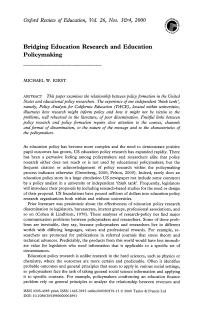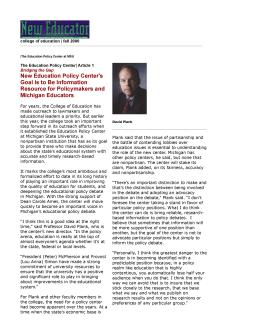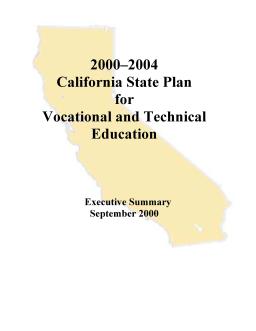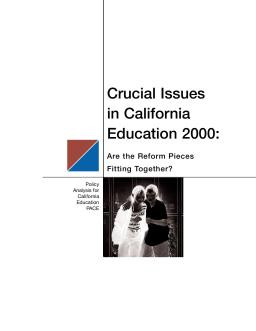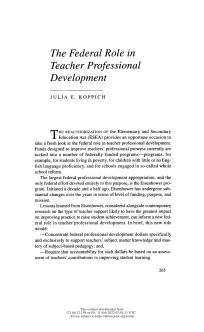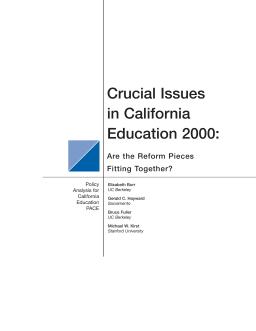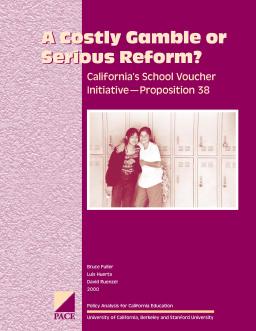Published
Summary
This paper examines the relationship between policy formation in the United States and educational policy researchers. The experience of one independent 'think tank', namely PACE, located within universities, illustrates how research might inform policy and how it might not be victim to the problems, well rehearsed in the literature, of poor dissemination. Fruitful links between policy research and policy formation require close attention to the sources, channels, and format of dissemination, to the nature of the message, and to the characteristics of the policymakers.
New Education Policy Center's Goal Is to Be Information Resource for Policymakers and Michigan Educators
Published
Summary
Michigan State University's College of Education has established the nonpartisan Education Policy Center to provide lawmakers and educational leaders with accurate, research-based information to improve the state's educational system. With the support of the university's resources, the center aims to play an important role in deepening the policy debate and bringing about improvements in the system. The center was established due to a lack of systematic communication between researchers and policymakers in Michigan.
Executive Summary
Published
Summary
The California State Plan for Vocational and Technical Education 2000-2004 was developed with PACE's help, linking vocational education to other aspects of California's education system. The plan aimed to improve academic learning through strong vocational programs and better linkages between the world of schooling and the world of work. The summary covers the plan's context, guiding principles, vocational education, accountability, evaluation, and Tech-Prep Education.
Are the Reform Pieces Fitting Together?
Published
Summary
"Crucial Issues in California Education 2000" is a PACE publication that offers an analytical overview of California education through in-depth research projects contributed by experts statewide. It provides the latest data analysis and overall strategic recommendations on a wide variety of issues, from childcare to universities, making it a unique source for policy analysis. The volume is the largest in the history of the series, bringing together numerous reports on components of California education in one source.
Published
Summary
The reauthorization of the Elementary and Secondary Education Act provides an opportunity to reconsider the federal role in teacher professional development. The largest federal professional development fund is the Eisenhower program. Lessons from Eisenhower and contemporary research suggest that federal funds should be focused exclusively on subject matter knowledge and pedagogy and accountability should be based on assessment of student learning. The purpose is to generate discussion on how to more effectively use federal dollars to improve student achievement.
Are the Reform Pieces Fitting Together?: Executive Summary
Published
Summary
California’s education system has undergone many reforms, with new mandates from policymakers threatening to overwhelm educators. The new accountability system tracks schools’ effectiveness and allocates carrots or sticks. Schools still struggle with reducing class sizes and finding enough qualified teachers. While California has made significant policy initiatives, the challenge is whether the puzzle pieces of reform fit together into a coherent “theory of action.” The issue of policy coherence must be addressed to energize teachers and bring forth more stimulating classrooms and pedagogy.
California's School Voucher Initiative—Proposition 38
Published
Summary
Proposition 38 allows parents in California to obtain a state chit worth $4,000 and move their child from public to private school, which would significantly affect school financing. This policy brief addresses six key questions about the proposal, including its differences from the 1993 voucher initiative, which families would benefit, how it would impact school spending and taxpayers, and the success of voucher experiments in raising achievement.
